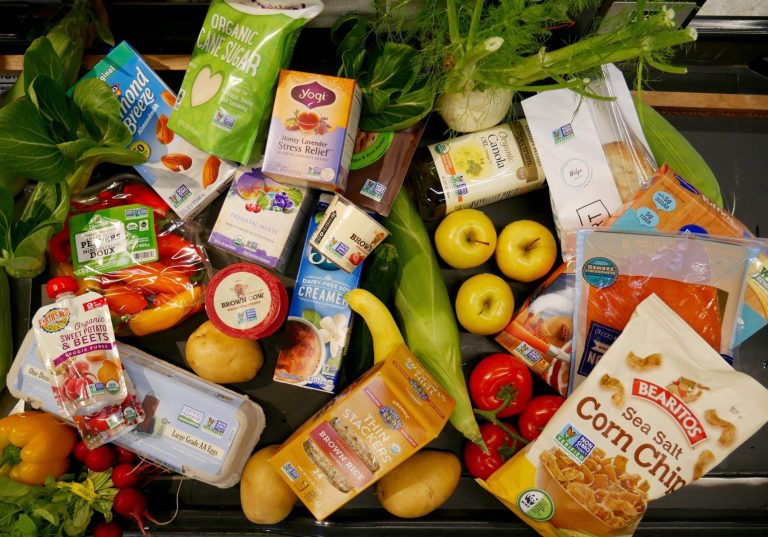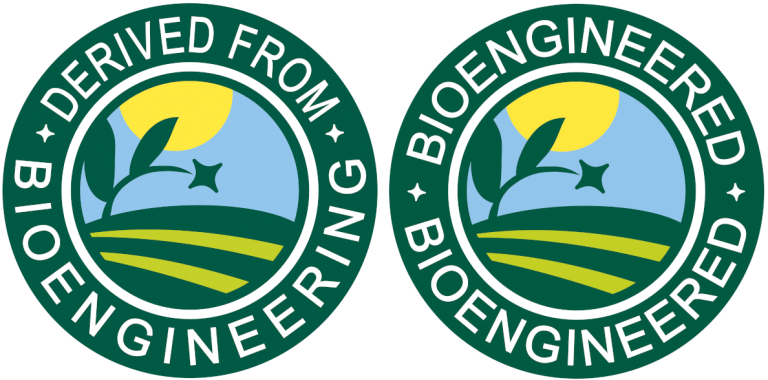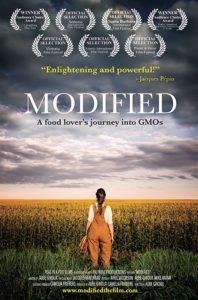Sustainable Pulse - Oct 7 2020
Center for Food Safety (CFS) has filed an amended complaint in their ongoing litigation challenging the U.S. Department of Agriculture’s (USDA) “bioengineered” (more commonly known as “genetically engineered”) food labeling rule, challenging the law’s prohibition on states’ labeling of genetically modified seeds. The new filing adds claims challenging the part of the “bioengineered foods” rule that will leave genetically engineered seeds unlabeled, preventing consumers and farmers from knowing if seeds are genetically modified.
“Consumers have a right to know what’s in their food, including whether it is genetically engineered or not. That’s what this case is fundamentally about: meaningful labeling,” said George Kimbrell, CFS legal director and counsel in the case. “The same goes for seeds. The decision takes away states’ rights to label seeds, while offering absolutely nothing in return.”
CFS filed the 120-page lawsuit in late July 2020. The provisions then-challenged covered the inadequacies of the law as it relates to food labeling; the new amendment adds the seed labeling aspect.



